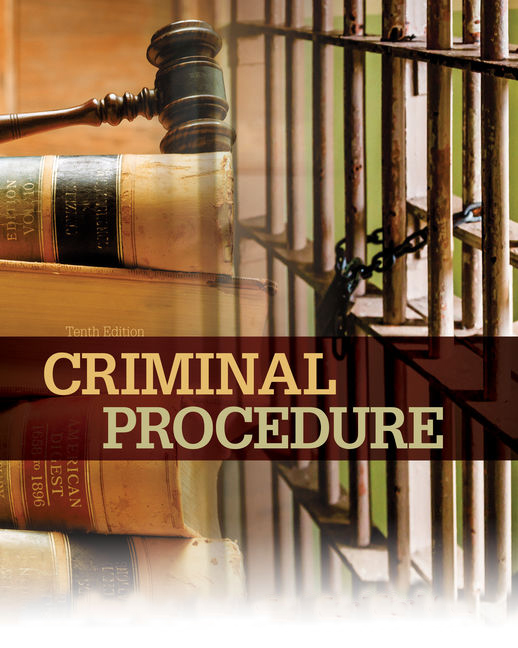The provisions of Section 306 (4)(b) of the Cr.P.C., 1973 cannot be taken as an absolute prohibition or fetter on the inherent power of the High Court under Section 482 of the Cr.P.C. in appropriate cases to release the approver from detention on such conditions as the Court deems fit, nevertheless, the aspect as to whether such exercise or jurisdiction in terms of Section 482 of the Cr.P.C., 1973 is warranted even for the prayer made by the applicant seeking grant of interim bail during the prevailing pandemic which prevailed even at the time of institution of the application, would have to be considered on the basis of the facts and circumstances of each case inclusive of the nature of allegations against an accused turned approver..This was held in ABDUL SAMAD v. NATIONAL INVESTIGATION AGENCY. [Crl. M.C. No. 3813/2019] in the High Court of Delhi by a single bench consisting of JUSTICE ANU MALHOTRA.
Facts are that the applicant has sought the grant of interim bail during the pendency of the petition in the NIA Case. That as on date he being a pardoned person, there is no case pending against him and that he is in custody only by reason of the bar under Section 306 (4)(b) of the Cr.P.C., 1973. Thus he has filed said application seeking the release/discharge from custody.
The counsel for the applicant submits that though the release of the approver on bail is expressly barred under Section 306(4)(b) of the Cr. P.C.,1973, the Court Section 482 Cr.P.C. may pass any orders to meet the ends of justice.
The counsel submitted on behalf of the NIA that this Court in Aamir Abbas Dev V. State Through NIA had already held that the bar under Section 306(4)(b) of the Cr.P.C., 1973 is mandatory and absolute in nature. Further submitted that the present case is a terror-related case and there is every likelihood of an attempt on the life of the applicant/accused/approver thus the threat to the life of applicant/accused/approver cannot be ruled out.
The court made reference to the judgment of Apex court in Prem Chand V. State, wherein it was observed that,“The approver’s evidence in the present case has already been recorded, and no useful purpose is being served in his detention. The administration of justice is not in any manner likely to be affected by his release. There is no reason to suppose that the machinery of law would not be able to give protection to the petitioner in case any adventurism is sought to be displayed by his confederates, or their supporters. The conduct of the petitioner in seeking his release itself shows that the carries no apprehensions. It would not be, therefore, correct for the court to still create such fears and profess to provide him unsolicited protection by detaining him for indefinite period. Thus in the case of A.L. Mehra (supra) the Punjab High Court released the approver from confinement in exercise of inherent powers to prevent the abuse of the process of court, finding that he had been in confinement for several months”.
Considering the facts of the case and the legal precedents, the court observed in the facts and circumstances of the instant case where the provisions of Section 306(4)(b) of the Cr.P.C., 1973 stipulate categorically to the effect that every person accepting a tender of pardon made under Sub Section (1) of Section 306 of the Cr.P.C., 1973 shall unless is already on bail, be detained in custody until the termination of the trial, have to be interpreted strictly. Thus the application for bail was denied.


